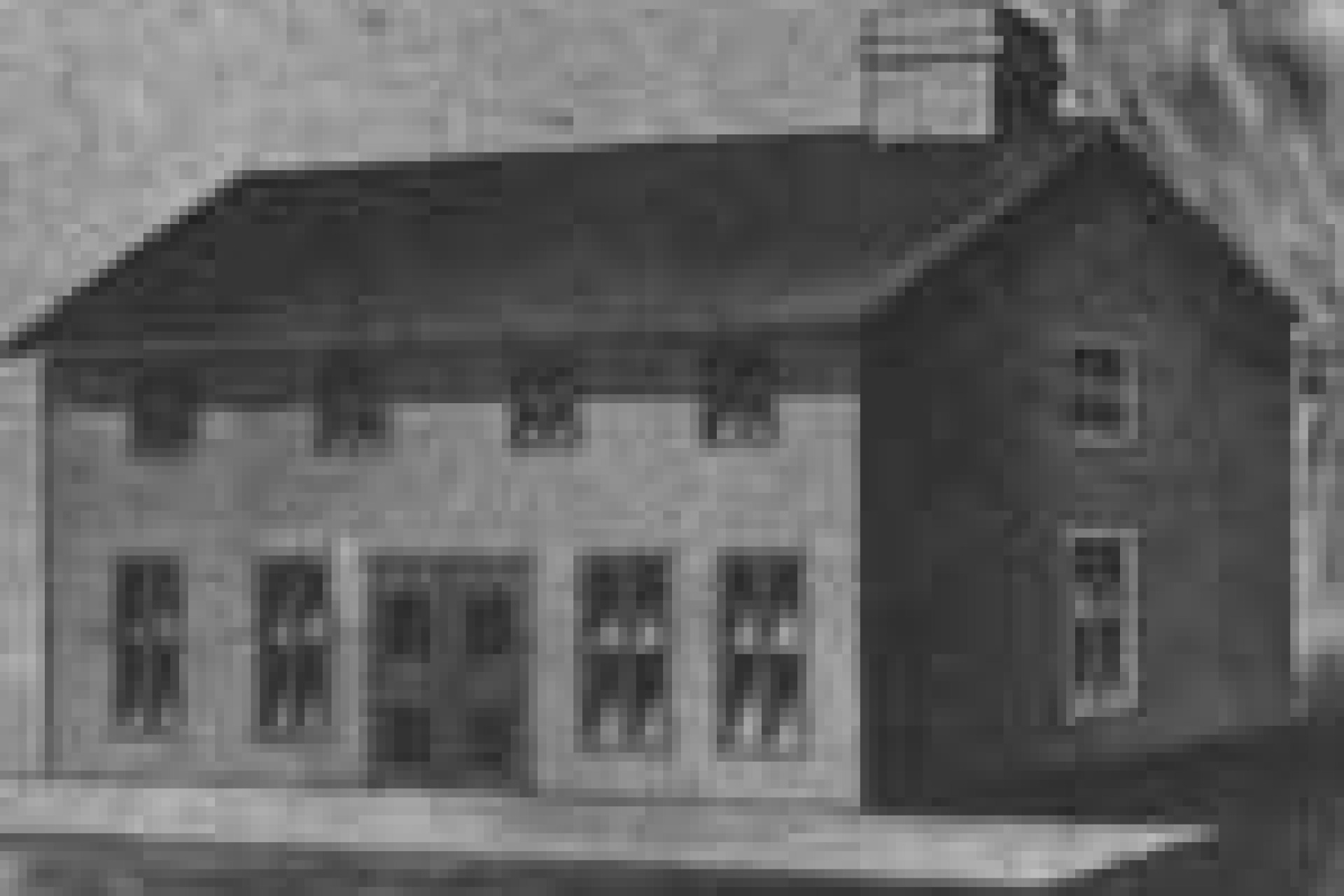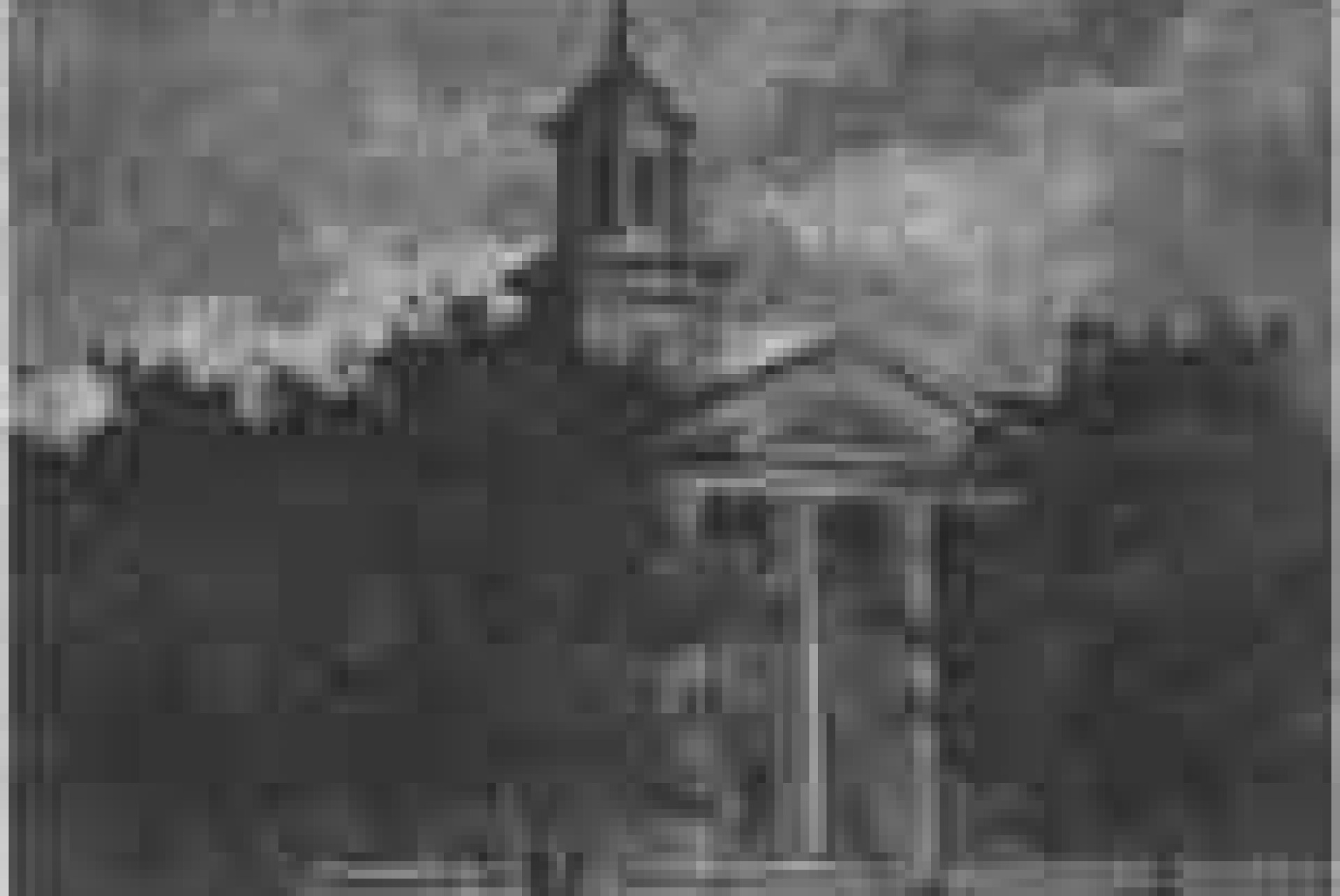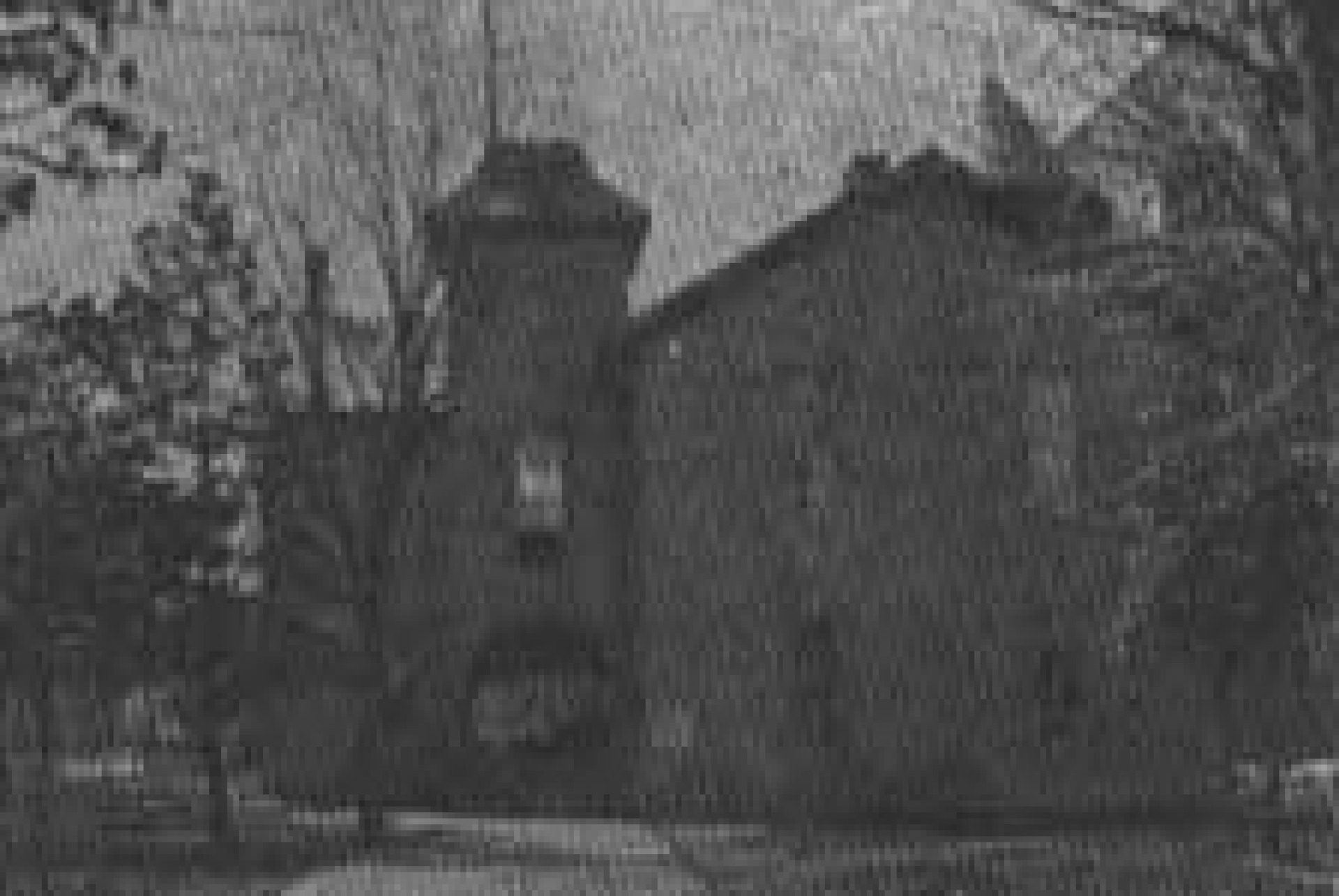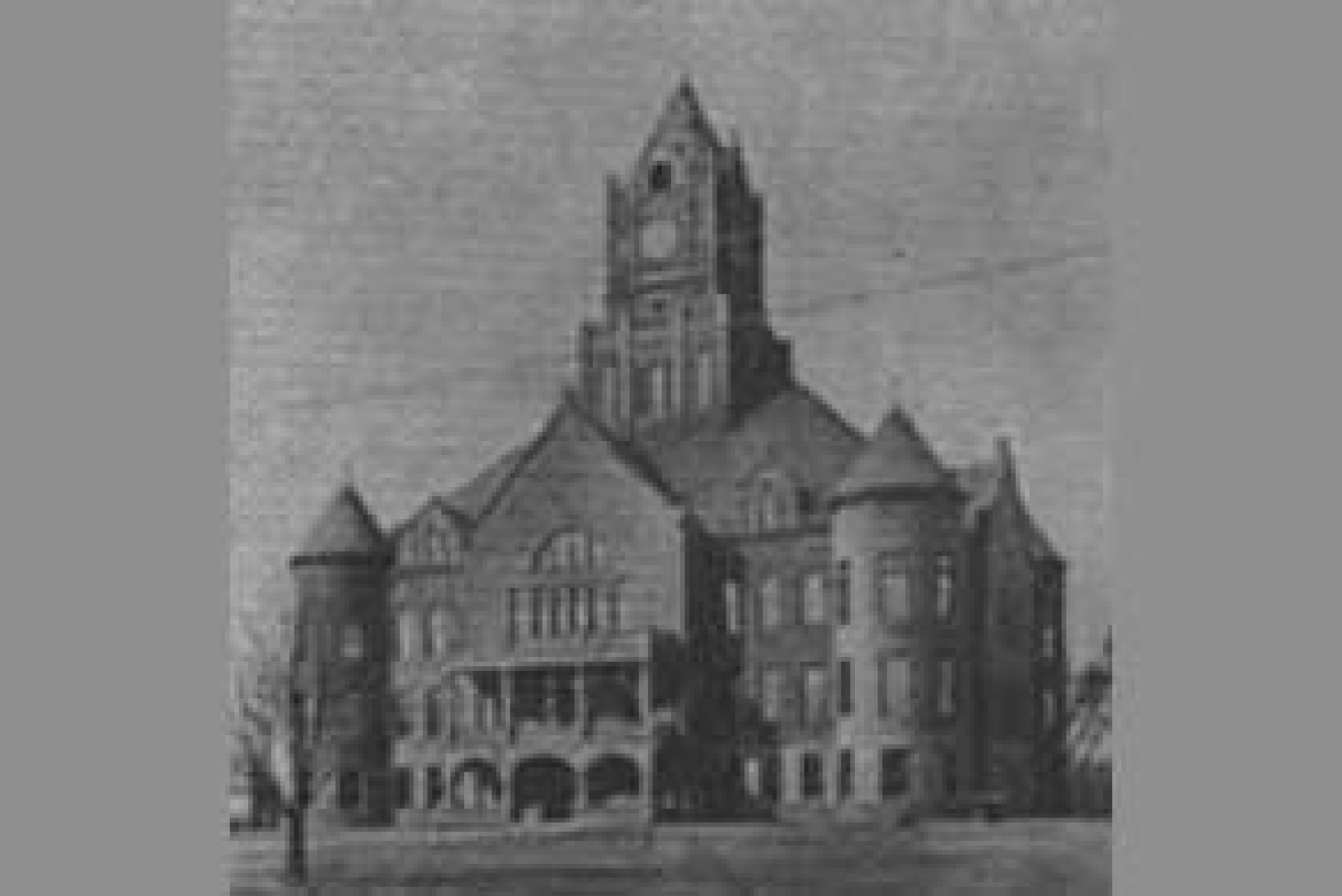History
Clinton County Courthouse History
On January 11, 1840, a special act approved by the territorial legislature allowed Clinton County to be organized. This provided for an election in March of 1840 and made Camanche the county seat. James D. Bourne was appointed organizing sheriff by Governor Dodge and he called the election at which the following were elected:
Elijah Buell, George Griswold and Robert C. Bourne, County Commissioners (now known as the Board of Supervisors), Richard H. Dawson, Assessor; Mr. Gardner, Recorder; James D. Bourne, Sheriff; and Shubel Coy, Treasurer.

The first recorded meeting of the Commissioners was at the hotel of Samuel Doolittle in Camanche, on January 5, 1841.
In January 1841, the legislature passed an act providing for the re-location of the county seat. A commission consisting of William Miller, Cedar County, Andrew Russell, Scott County, and William A. Warren, Jackson County was formed for that purpose. In April 1841, they met and selected a site for the new county seat. Named Vandenburg, the new site was on government land located in the center of the north half of section 18, township 81, range 4. It was later said that Vandenburg was the family name of the sweetheart of Commissioner Warren and the name given in her honor.
The county commissioners borrowed $200,000.00 and the sheriff was sent to the land office in Dubuque to enter and purchase the land. It was surveyed, platted and lots placed on the market. A public sale was advertised for July 2nd & 3rd, 1841. A court-house of one story and attic, measuring 20x32 feet, was erected and the seat of government moved to the new town.
In 1841-42, on a petition, the legislature changed the name of the county seat from Vandenburg to DeWitt to further honor the name of DeWitt Clinton, after whom the county had been named. The Honorable DeWitt Clinton had been governor of New York and was the projector of the Erie Canal.
In 1850, the county commissioners agreed to an appropriation of $2,000.00 toward a new courthouse, provided citizens donated an additional $1,500.00 toward the enterprise. The proposed building was to measure 36x45, have a stone foundation, and be built of brick. Apparently, the citizens of the county failed to respond and the building was never built.

in 1853
At this time, town lots were selling at $6.00 to $12.00 each.
On June 23, 1853, the county commissioners let a contract to S.N. Bedford and T.P. & S.M. Butler to erect a two-story brick building measuring 40x50 feet, "equal to the Scott County Courthouse". The new building was to be completed by October 1, 1854, at a cost of $5,900.00. In 1855, a jail was built at a cost of $1,668.75.
Because the population increased along the Mississippi River more rapidly than in the interior of Clinton County, there was a movement to relocate the county seat from DeWitt to Clinton. Possible new locations were Ringwood (a piece of open country and duck ponds between Lyons and Clinton), Elvira, and DeWitt Park. A contest developed between Clinton and Lyons and continued until the day of the election. It was said even presidential contests were "tame and flavorless compared with this." By a majority of 511 votes, the river town of Clinton, laid out in 1855 on the old site of New Your, became the county seat in 1869. In just 23 days, at a cost of $3,200.00, a courthouse 44x52 feet in size was erected and the first session of the district court was held on November 21. For three years, the building was furnished to the county at no charge, then rented from stockholders and eventually purchased by the county at approximately three-fourths of its original cost.

in 1869
There was talk that the bell from the DeWitt courthouse would be taken to Clinton when the county records were moved, but in a midnight raid, public-spirited citizens of DeWitt took the bell from the tower and buried it in Elmwood Cemetery. The bell remained buried for more than a year until a bell was needed for the Christian Chapel (now Grace Evangelical Lutheran Church). Those responsible for hiding the bell again made a midnight visit to the cemetery. On the day the new church was dedicated, the surprised congregation heard the familiar tones of the old courthouse bell.
The small courthouse was soon outgrown and in 1878, another building was erected just west of the courthouse to house some county offices. This building, 41x42 feet in size, cost $5,000.00. With additions and patching up, these quarters served Clinton County until a new and more pretentious building was constructed. The new building was dedicated in August 1897.

in 1897
Following an election held on March 15, 1892, at which a majority of 539 voted in favor of the new building, the new courthouse was built. The design of G. S. Mansfield was selected over eight others in an invitational competition. After construction had begun there were difficulties stemming from the discovery of quicksand at the site. A new architect and a new contractor were hired and further elections were held to approve the expenditure of additional funds, all of which contributed to a delay in the completion of the building.
With its Romanesque style, the new courthouse was built of granite and red Indian Pipestone from Minnesota and has a large central tower of copper which has weathered to a bright green color. The total cost of the building was $168,000.00.

